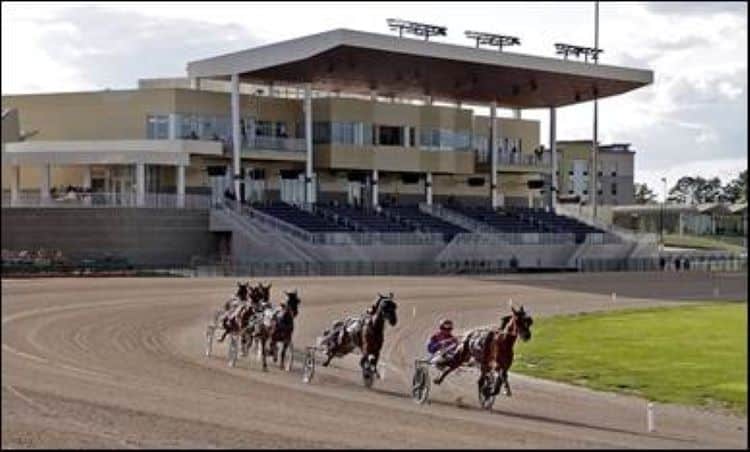The Ohio Casino Control Commission (OCCC) has released stakeholders’ comments regarding Batch 3 of the proposed sports gaming rules.
The prevailing response from stakeholders centered around rules that deal specifically with problem gamblers entering themselves into the Voluntary Exclusion Program (VEP). Stakeholders have expressed that the rules don’t clearly address situations and scenarios involving VEP customers.
Voluntary Exclusion Program concerns
One concern was pointed out by Sang Nguyen, the Miami Valley Gaming and Racing LLC director of compliance. He noted a potential scenario in which a customer places a “futures” sports bet and then joins the VEP list afterward, but before the wager is settled.
Nguyen suggested that the OCCC add language to clarify how sportsbook operators should deal with such cases. Nguyen wrote that sports wagering operations should either “render any pending, unsettled sports wagers void as of the time of the entry into the VEP, with the customer entitled to a refund of any pending wages,” or else “allow for any pending, unsettled wagers to settle, with the customer entitled to be paid winnings in the event the wager wins, but with the operator allowed to retain the funds in the event of a loss.”
Ohio Casino Control Commission is looking for additional public input on various aspects of the eventual sports betting industry.
(@hoosier3232 for @BetsOhio)https://t.co/lLZTGAwMl0
— Sports Handle (@sports_handle) February 16, 2022
Nguyen added that Miami Valley Gaming and Racing officials don’t favor either position over the other, but believe one of the two options would at least provide a definitive answer for the scenario.
Nguyen also noted that the OCCC should determine if surrendered funds from an Ohio VEP participant would be remitted to the OCCC or to the Ohio Lottery Commission. All Ohio VEP funds received via playing video lottery games are currently remitted to the Ohio Lottery Commission.
Miami Valley Gaming and Racing officials also requested clarification regarding whether a facility is required to notify the OCCC if a self-excluded individual has been identified attempting to register for an online sports wagering platform account. The request is to have rules requiring that customers already entered into the VEP — prior to the effective date of online sports wagering — should re-register for the VEP in order to be excluded from online sports wagering platforms.
FanDuel recommendations
Cory Fox, FanDuel’s government affairs and product counsel vice president, submitted similar comments concerning customers on the VEP list. FanDuel also seeks clarification of the rules concerning the handling of pending wagers during a time an individual completes an application for the VEP.
Fox recommended that the rules should include the following statement: “If at the time the individual completed the Ohio VEP application, the individual has any pending wagers with an excluded entity or facility, those wagers shall be settled in the normal course of business and the individual still has the right to receive any winning from such wagers.”
FanDuel officials also requested clarification on whether the OCCC should be notified if a customer on the VEP list is identified at an excluded facility or is identified attempting to register on a sports gaming site.
Rush Street Interactive chief compliance officer Laura McAllister Cox offered comments regarding how the VEP list should be provided to sports gaming facilities and online operators. RSI’s recommendation is for facilities to receive a .csv file on a regular basis that includes an updated list of individuals who have signed up for the VEP.
RSI requested additional information regarding how removals from the VEP list will be handled. Cox’s submission recommends that individuals who have been removed from the VEP list be removed from a .csv file distributed to the casinos/racinos.
RSI’s comments also included a request for Rush Street, at its option, to offer its own site-only VEP list.








